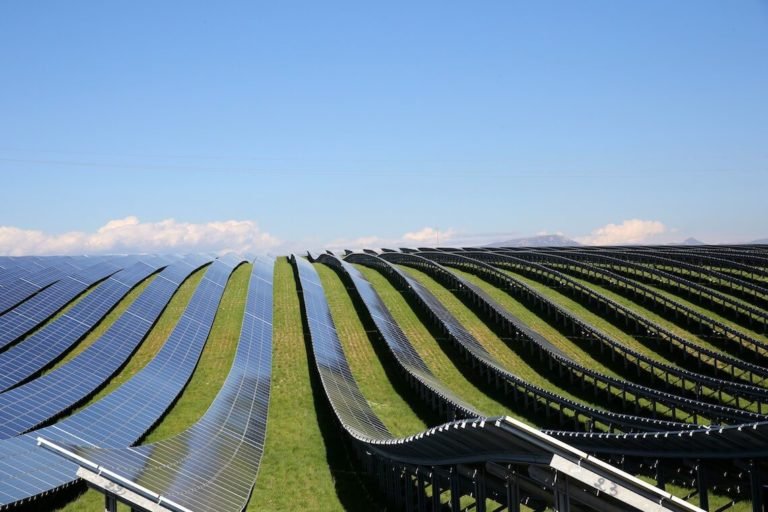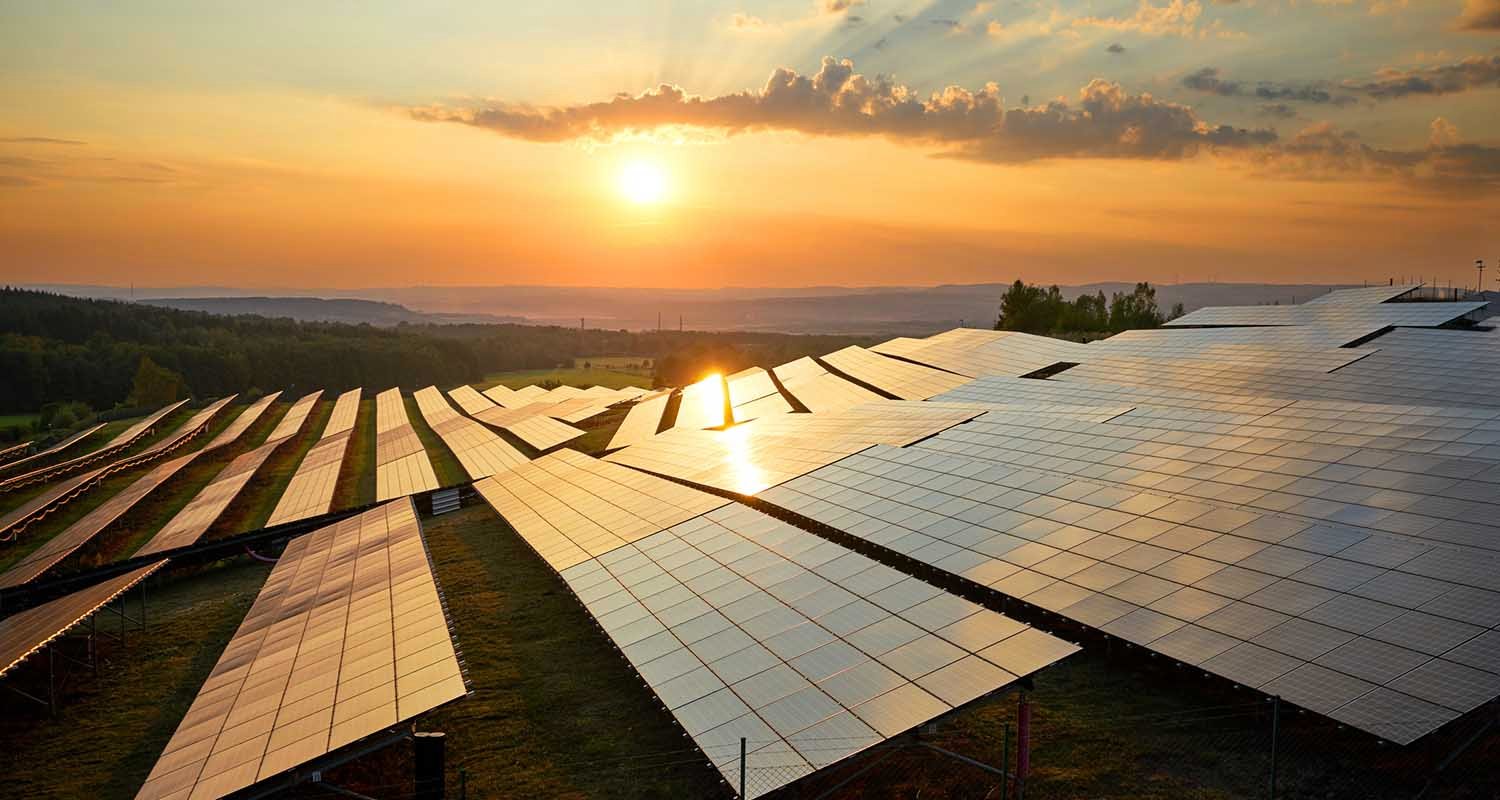
How much electricity do household appliances consume?
In this article we will analyze how much electricity your electrical appliances consume at home.
In order to save on the electricity bill, it is important to know the consumption of the electrical appliances, but in very few occasions the user knows the consumption and the impact it has on the final bill.
Power consumption
The electricity bill is divided into two terms, the term of power and consumption. The first refers to the number of kilowatts (kW) contracted and the second to the number of kilowatt hours (kWh) consumed during the billing period.
The use of electrical appliances conditions the electricity bill , so it is important to know how much energy the electrical appliances used in the home consume and manage their use so as not to waste energy and reduce the amount of the electricity bill.
What is the energy efficiency label?
The energy label appears on those electrical appliances that fall within the established energy efficiency standards . It is a certificate that identifies the level of efficiency in different categories, with ‘A’ being the most efficient and ‘G’ being the least efficient.
The electrical appliances that are required to have the energy label are:
- Refrigerator or refrigerator
- Freezer
- Washing machine
- Dryer
- Dishwasher
- Electric oven
- Air-conditioning
Appliances with energy class A (A, A +, A ++, A +++) allow us to save and pay lower electricity bills, initially by several dozen dollars less per year, than after several years of use in increasing amounts. . Of course, the higher the energy class of the device, the higher its price.
How to reduce electricity consumption in your home?
One of the best ways to save on the electricity bill is to hire a rate according to the needs and consumption habits of the user. To do this, you must study the different electricity rates on the market and thus hire the one that represents the greatest savings on your bill.
Consumers can use the help of the electricity rate comparator to quickly and easily find the one that best suits their needs.
Regardless of the company and the contracted electricity rate, the user can also save on their consumption by adapting their consumption habits and following the following tips:
- Tips to save on electricity consumption
- Have appliances with energy rating A
- Washing machine: short and cold water programs
- Dishwasher: use the eco program and clean the filter regularly
- Refrigerator: keep the temperature between 3 and 7 degrees, keep it free of frost and do not put hot food in
- Vitroceramic: take advantage of residual heat
- Oven: avoid opening it unnecessarily (it can lose 25% of the accumulated heat) and take advantage of residual heat
- Use residual heat
- Avoid leaving devices in ‘stand by’
As for small appliances , the client must take into account a series of elements in order to have those that have a better energy classification .
| Home appliance | Qualities | Use tips |
|---|---|---|
| Computer | With hibernation system |
|
| TV | LCD TV consumes less electricity than plasma TV | Do not leave the appliance in ‘stand by’ |
| Microwave | Consumes less electricity than the oven | Adapt the heating time to the food being cooked |
In short, small appliances must be suitable for the customer’s actual consumption. In addition, it is important to turn them off when they are not being used and not leave them on ‘stand by’.
What is the nominal power?
The nominal power (ang. Nominal power) is the value of the nominal power at which the device works correctly and in accordance with the standards or the manufacturer’s instructions.
This value is usually indicated on the nameplate attached to the device housing along with other parameters important to the operation of the device. It is usually marked PN {\ displaystyle P_ {N}} and is expressed in watts [W] or horsepower [KM]. In practice, the rated power means the highest power the device can operate with.
In the case of household appliances, energy consumption will be maximum if we do not follow the manufacturer’s basic recommendations. Therefore, so that the energy consumption is not maximum, it is necessary to see how to handle individual devices so that the electricity consumption at home was as low as possible.
How to save on your electricity bill?
Saving on the electricity bill is possible if the user consumes efficient electricity in their home and if they hire the most appropriate electricity rate , taking into account their consumption habits and the needs of their home.
The client can also save on their bill by reducing the contracted power in their property. By reducing the number of kilowatts (kW) contracted, the amount of the power term, present in the electricity bill, will be lower.
Lowering the contracted power is a saving option, but the user must ensure that the number of contracted kW is sufficient. If not, you will suffer continuous power outages in your home. To determine the required power, you can always use the power calculator or contact an electrician.
Consumers can also save on their electricity consumption by contracting a light rate with hourly discrimination , in which two kWh prices are established depending on the period, peak and valley, in which the consumption is made.





